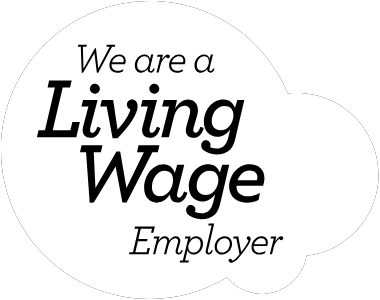From Antarctica’s melting ice sheets to the bleaching of Australia’s coral reefs, the devastating effects of climate change on our beloved Planet Earth have become all too real. But worryingly, it has emerged that the risks associated with lower levels of warming are even greater than previously thought.
A report by the UN’s Intergovernmental Panel on Climate Change (IPCC), released on February 28 2022, paints a deeply concerning picture of how rising temperatures are affecting almost every living thing. The report – using 34,000 scientific papers and signed off by 270 scientists from 67 counties – deemed some losses as irreversible and claimed ecosystems were reaching the limits of their ability to adapt.
The findings were an “atlas of human suffering and a damning indictment of failed climate leadership,” said UN secretary-general António Guterres. “I have seen many scientific reports in my time, but nothing like this,” he concluded.
Understandably, the new report has been overshadowed by the war in Ukraine and so has received less media attention than it deserves. At this critical point, gathering our own understanding of the findings is key if we are to respond at the swift pace so urgently needed.
Three key take-outs from the report:
1. The direct impact on people
- The percentage of the global population exposed to deadly heat stress is predicted to rise from today’s 30% to 48-76% by the end of the century, depending upon temperature levels. And in Europe, the number of deaths and people at risk of heat stress will at least double.
- The report states the most vulnerable regions of the world are west, central and east Africa, south Asia and Central and South America, plus many small island states. Fifteen times more people died from floods, storms and droughts in those regions between 2010 and 2020 than in less vulnerable regions.
- Those aged 12 or less are expected to witness a nearly fourfold increase in extreme weather events e.g. floods, droughts and heatwaves under 1.5C of global warming by 2100, and a fivefold increase under 3C of warming
- Around 800 million to three billion people are expected to experience chronic water scarcity due to droughts at 2C warming, and up to around four billion at 4C warming.
2. The direct impact on the planet
- 8% of farmland will become climatically unsuitable by 2100, even if warming is limited to 1.5C.
- Between 70% to 90% of reef-building corals will be lost with 1.5C of warming, and 99% under warming of 2C or more.
- Rising temperatures and extreme weather are driving plants and animals on land and in the ocean towards the poles, higher altitudes, or to deeper ocean waters. The report says rising ocean temperature is moving marine species poleward by a staggering 59km every decade.
3. We have a ‘brief but rapidly closing’ window to act
The warning is stark! If we are to minimise the impacts of climate change, we have to act now. If we respond quickly the authors suggest catastrophe can be averted. But even if we succeed in limiting global temperature rises to 1.5C (the upper limit countries agreed to target at COP26 last year), we will still face more extreme weather.
The IPCC says this opportunity for action will only last for the rest of this decade. If we can cut emissions and increase spending on adaptation eg building seawalls and river barriers, that could avoid specific disasters. Alongside green energy, the authors suggest that investing in education, health systems and social justice may help people cope with climate change.
What’s next?
February’s report is the second of four reports to be published by the IPCC. A third report due in April will consider ways of cutting emissions. A fourth will draw the conclusions together and is expected to be published in October, before the Cop27 in Egypt in November.
Communications solutions
As a proud B Corp company, Gong Communications, a Wilful Group company, believes the IPCC’s report is full of dire warnings but also offers glimmers of hope. It shows that the risks can be reduced substantially by taking action on emissions and adapting to make communities more resilient to extreme weather. We aim to play our part by amplifying the credible and bold innovations which are both offering and delivering real solutions to the climate emergency.
One example company is Puro.earth, the world’s first B2B marketplace focusing solely on carbon removal. It provides carbon removal as a service, through identifying suppliers, verifying their carbon removals and issuing CO2 Removal Certificates (CORCs), an integral part of long-term procurement portfolios to fulfill net-zero pledges. We are proud to work alongside this company at this critical time for climate change.
At Wilful we are determined and optimistic for the transition to a low carbon, regenerative economy. If you have any questions about key takeaways from the latest IPCC report, please contact our team direct at hello@thewilful.com.






